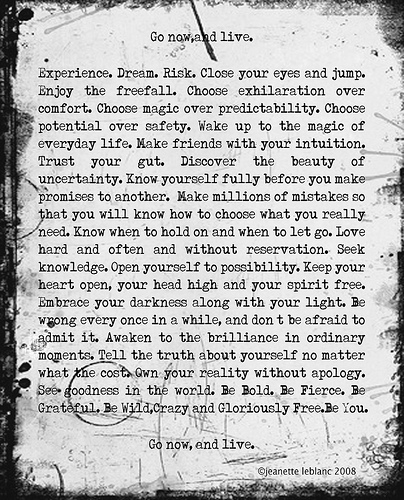We have the MacDonald Park pool (that is, the Avondale public pool) up and running. Took us (a small portion of the community) a lot of time and effort, and donations (thanks for the paint, Astra, the bins, Beta Bricks) but I am told it is the best pool in Harare now!
But it took us over a year. Draining, cleaning with hydrochloric acid, pump fixing, new sand, painting the walls… but now it is in use (over 100 people one day) and we are looking at the right trees to put in the parking lot. Definitely a success. In that over a year though, I often wondered – especially while doing the acid clean, that stuff really rips your lungs out – “why am I doing this?” After all, the post independence Rhodesian euphemism for blacks was ‘non–swimmers’. And while I can swim, I am also a ‘non-swimmer’. (And although white, I am definitely an African, NOT a European – 11th generation along some lines North American.)
So why am I cleaning this pool? Is it just a white thing? (And most of the volunteers were white, or the gardeners of the local whites sent to work for the day.) Why am I here, scrubbing and coughing my lungs out, or getting paint on my new shoes, or just baking in the sun? Why am I here? Is it really just to save the trees in the park around the pool from ‘development’ (the construction of 18 cluster homes)?
But, it is open now. And used. I suppose the hot weather helps but it is FULL! The parking lot is full. Mercedes and BMWs. On the weekends, you cannot park. Even on week days (I know I am unemployed, but the rest?) there are many people there. Kids, fitness freaks, pretty girls, teenagers, the lot. Over 100 people a day! They are all there, swimming. And they are all non-swimmers! Hard to spot a white, and I know we stand out!
So where did the idea come from that blacks are non-swimmers?
Where did the idea come from that the pools could be ‘let go’. Allowed to turn green? – it has produced over $2500 so far this year, in gate takings, since we opened in October.
Why did they (the CoH) think the staff could be laid off (it has gone from 7 employees to 3)? Who agreed to a deal, signed (by the appointed commission) to allow someone to ‘revamp’ the pool in exchange for the land around so they could build 18 cluster homes? Who appointed the business department of CoH who signed this deal?
Who works for who around here? Do we work for the government (at all levels),or does the government fail to work for us?
Perhaps the real question is not “why don’t I understand blacks?”, that is obvious – I don’t, because I am white and was raised in Rhodesia. But why doesn’t/didn’t the new government understand blacks? All this was done by the regime that followed the Smith regime. The new independence regime. All this was done by a black government in Harare, Zimbabwe. A regime that had mobilised the black masses to defeat and overthrow the white regime and change Salisbury, Rhodesia into Harare, Zimbabwe.
Or did they/ do they understand the blacks? Do they understand that they can do what they want, that the black community (as it was under the Rhodesians) does not have the voice to stand up and say, “give us our pool, and make it clean and working?”
But the main question – how come it is full of ‘non-swimmers’ swimming?
Okay, I admit I am a racist. I see someone, and I see black or white (or oriental). I do believe there is a difference, just as there is a difference between women and men. Old and young. (Not sure about gays and straight though). Military and civilians. Shooters and non-shooters. Bikers and people who drive cars. Cat lovers and dog lovers. The important thing, I tell myself, is not to discriminate based on race or anything else (although I am sure I do, but I try not to).
So, the question. How did blacks come to be called ‘non-swimmers’?
And secondary, why were most of the volunteers, who did the work, white? Or sent by whites to actually do the work? I know it is not a white community!
The other Sunday I went to see the Messiah (or hear actually – Handel’s composition). And it was, as usual, brilliant. One of the best bits of music out there – even compares favourably with The Stones and Van Morrison. But there I noticed too, the hall was solid white. Not a ‘non-swimmer’ to be seen (except on stage). I know blacks are Christians, in some cases, very Christian (and I am not). I know blacks sing, and make music. Again, in some cases, very well. So why not come to the Messiah? Door charge was $10, but again I know many blacks make more than I do (not difficult, I am unemployed).
I assume the Messiah (the music, not the dude) is a white social club, that they have managed to keep blacks out of, but why is swimming not a white social club that they have not managed to keep blacks out of? What is the difference?
But of high importance, thanks for using the pool. In such HUGE numbers. The thank you (by demonstration and not some words) hits me in the face so hard I have difficulty standing up.










